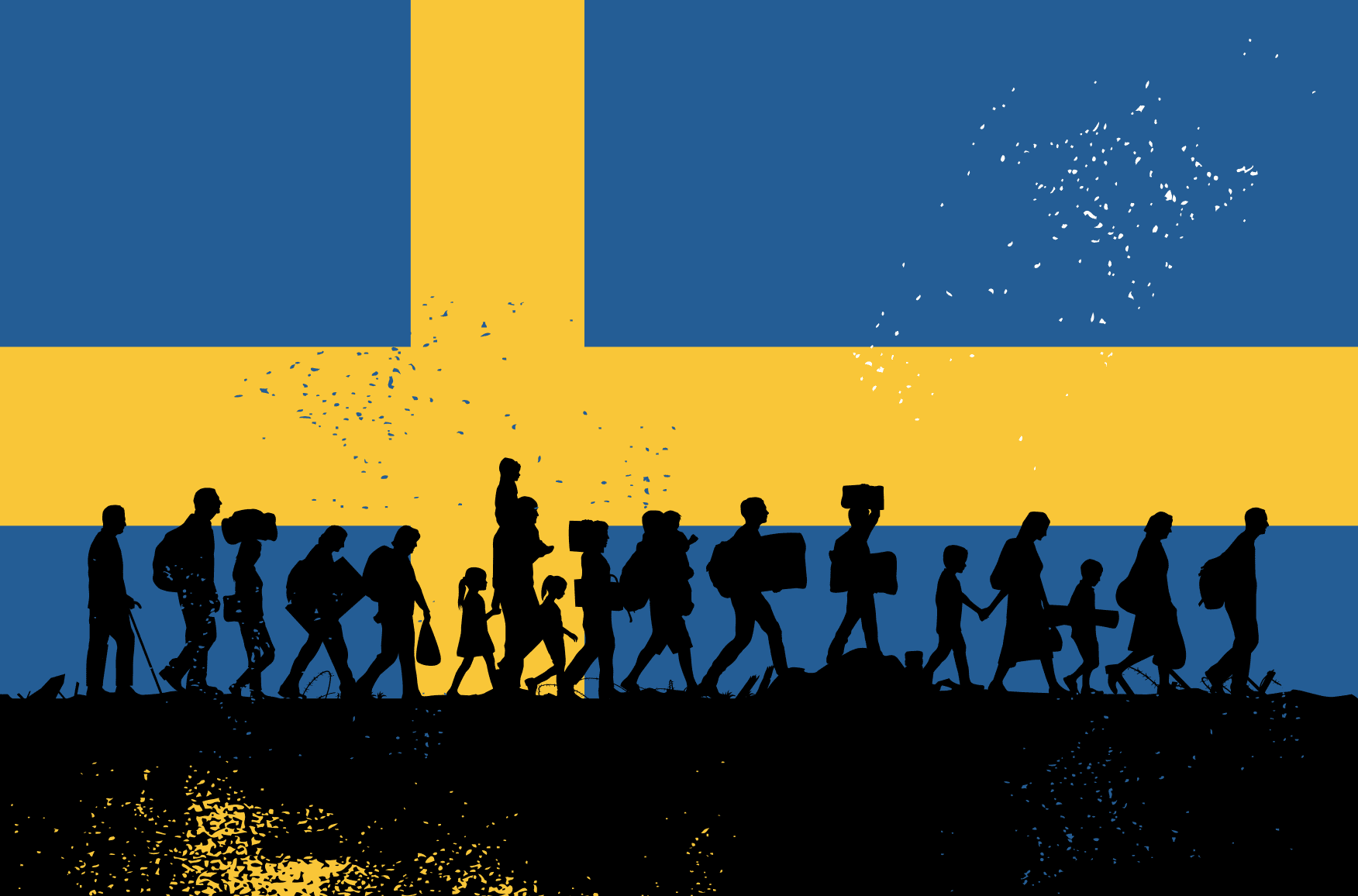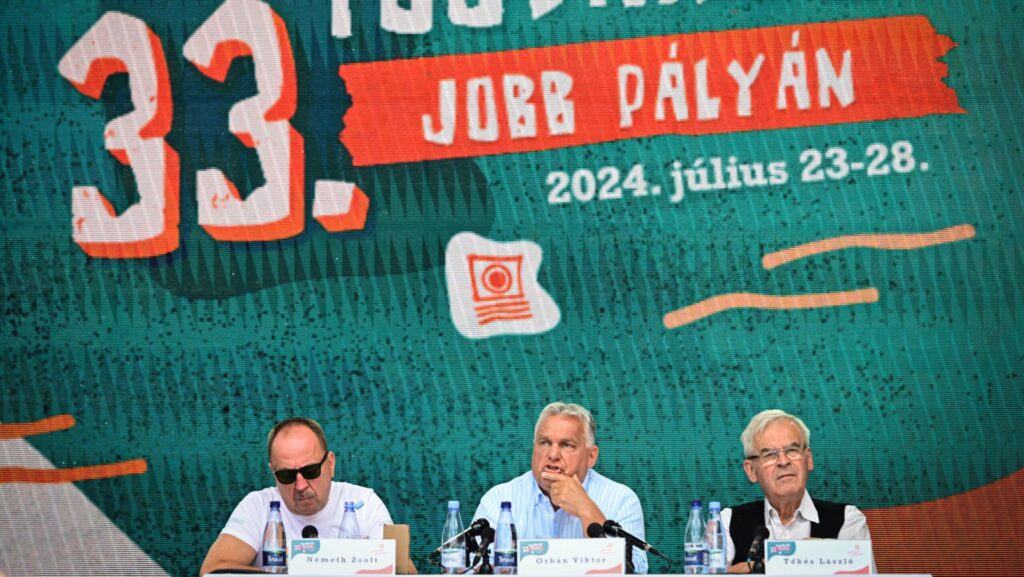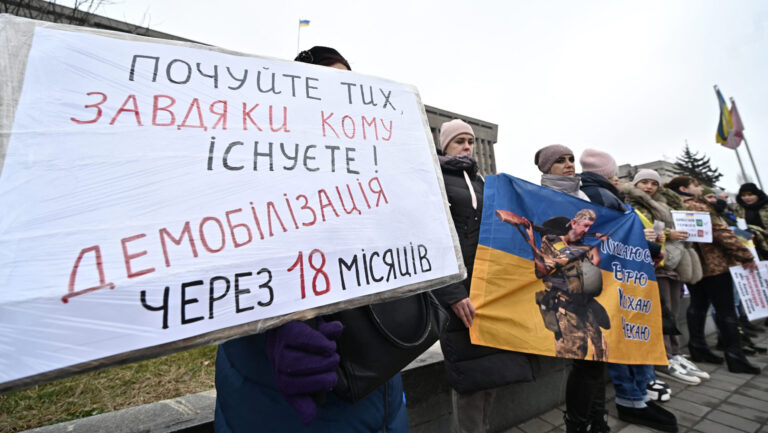The new Swedish constitution mandates that elections be held every four years on the second Sunday of September. This means that this year, Swedes will go to the polls on 11 September, a date that happens to coincide with that of the 2001 terrorist attacks against the United States.
The campaign started amidst the scorching European heatwave, so, inevitably, the question of climate change has been part of it for all involved. Yet, however important an issue the climate is, especially for the Swedish Green Party, it seems that it will not be the deciding factor. What is most likely to decide the outcome of the elections is what voters will think about the candidates’ messages on crime and the economy.
Illegal Immigration
A dire situation that all parties need to consider is the level of illegal immigration into the country. A study published by the Swedish Democratic Party shows that Swedish taxpayers are spending more than 2 per cent of their GDP each year on financing mass immigration.
The report is based mainly on three different studies that examine ‘the evolution of migrants’. They dissect their labour market and social situation, and how long they depend on support from the state. To keep the studies current, they have been weighted and updated. The cost component for year zero, the year of arrival, which is missing from several studies, was one of the additions that were made. According to the summary report of the study, between 2007 to 2021, the so-called net budgetary cost of immigration and accompanying family reunification totalled 1,712 billion Swedish kronor (about EUR 161 billion), or an average of SEK 114 billion annually, or 2.38 per cent of the country’s GDP.
The police is losing control over more and more areas
A report published earlier this year explained that gang-related crime is increasing yearly in Sweden. The report found that due to uncontrolled mass immigration, the police is losing control over more and more areas, where migrant gangs are taking over instead. Criminologist Amir Rostamis said that the issue is that for many immigrants, coming from much less developed countries, it is not enough to be able to settle down in Sweden. They are also looking to get rich quickly.
The criminologist emphasized that the criminal enterprises of migrant gangs are run within their families. Sons are taught to commit crimes by their fathers and other relatives. To guide these people toward a norm-respecting coexistence is a nearly impossible task for majority society, but attempts to do so require far more resources than are available or can be sensibly allocated for the purpose, Mr. Rostamis noted. Over 5,000 people are thought to be actively reliant on gang activity in the so-called exposed regions, with nearly 1,000 of them residing in Gothenburg, according to police estimates. Almost all organised criminals who have been registered with the authorities have immigrant background.
Head-to-Head
At the start of last week, the left and the right-wing candidates were measured to have almost identical support in the final stretch of the election campaign. According to Novus, the left had a 48.7 per cent support as of last Thursday, while the political right had 48.8 per cent. However, these numbers did not yet reflect the effects of Magdalena Andersson’s speech. The minister of the Social-Democrat party announced as a campaign promise that her party would introduce measures to keep utility costs at the current level – spending 30 billion Swedish Kronor (110 billion forints) on the plan. As a result of this announcement, their support grew by 2.7 per cent over the past days.
However, last Friday an incident reset the agenda of the electoral race. Two gang members had a bloody altercation in a shopping centre in Malmö, during which an immigrant boy of 15 years of age murdered one of his rivals, while also injuring an innocent passer-by. In a press conference the next day the police confirmed the news. It is now apparent that Malmö is facing a spiral of violence that is now threatening the city’s entire population.
The current leftist government, despite earlier promises, has been unable to stop the increasing wave of violence in the country. Not only have acts of violence not decreased, but the numbers in fact have been growing year by year. Only this year there have been 300 shootings, with 44 people killed – one fewer than last year. This means that if the right can present credible plans to curb the violence and immigration levels in the coming weeks before the elections, it might be able to turn the tide in its favour.
Coalitions Rule
As in Hungary, another question determined by the elections is whether coalitions are formed, and if they are, who allies themselves with whom. The two large blocs are not united currently. The centrists, who mostly pulled toward the right four years ago, are now siding with the largest leftist party, the Social Democrats.
The liberals announced last year that they are going to switch sides
The right is not in complete agreement either. The liberals announced last year that they are going to switch sides and are looking to support the conservatives in the 2022 elections. However, the Swedish Democrats, who also oppose immigration, have a similar support to that of the largest right-wing, but they are unwilling to ally themselves with the liberals.
Nevertheless, it seems that one side will need to give in, since neither Magdalena Andersson, the current head of state, nor Ulf Kristersson, leader of the opposition alliance will be able to form a cabinet without the support of the other, smaller parties.
Migration to Decide Elections
The issue of mass or illegal migration has been prominent in European politics for the last years. Four years ago, the main focus of the Hungarian election campaign – similarly to the current situation in Sweden – was the question of migration. Fidesz won a two-thirds majority in 2018, and that massive victory could be attributed to their stance on migration. The third Orbán government decided to wall off the southern border in 2015 to prevent illegal immigrants from entering the country. While the wave of illegal migrants pouring into Hungary has abated significantly in the last years, in a report published by the Hungarian police, this weekend alone more than 500 people were caught trying to illegally cross the border. If the Swedish right manages to implement similar measures or propose them – it might swing the election in their favour.








